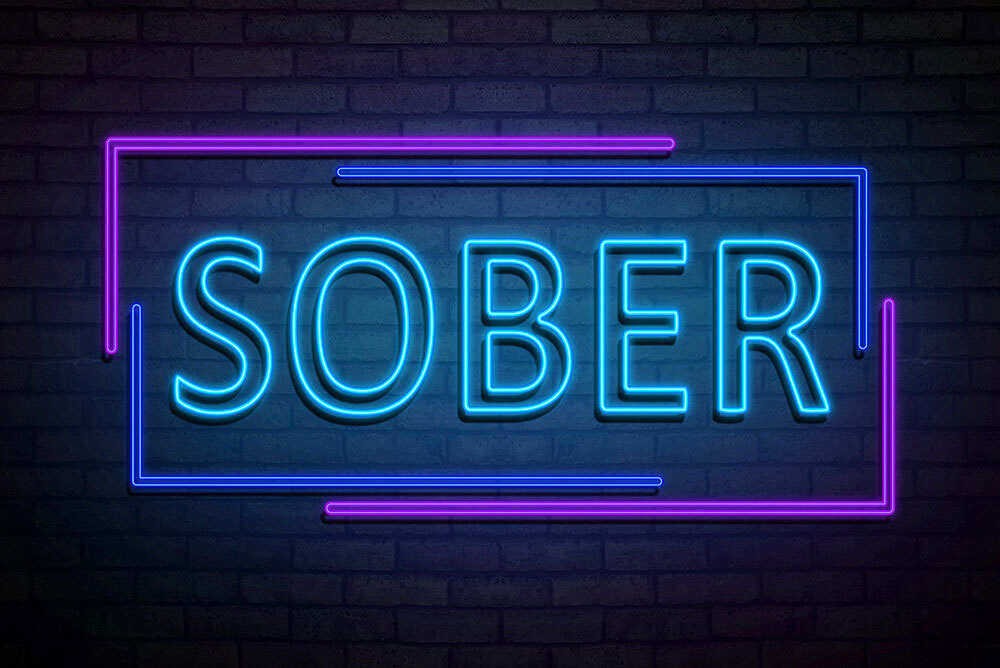
Recovering from addiction while experiencing chronic pain is one of the toughest, most aggravating challenges a human being can face. Those currently in a sober living program have to deal with the extra weight of not being allowed any medications while enrolled, though this restriction is obviously instituted with the noble intention of helping them along the road to recovery. However, even if treatment is ultimately successful, former addicts who experience chronic pain can medicate themselves right back into addiction, making the chances of relapse very high. This is where natural pain management techniques come in handy.
Natural Pain Relief Is The Answer
Unfortunately, many doctors prescribe medication quite liberally, especially in cases where pain relief is warranted. This is an especially dangerous route when it comes to opioids, which are highly addictive and easy to abuse. Fortunately, there are a variety of natural pain relief methods that can aid with chronic pain while minimizing the chances of addiction. These methods do not make use of prescription medication such as antidepressants, opioids, or anything remotely similar. In fact, many of them have added benefits aside from helping ward off addiction.
Staying Mindful: The Benefits Of Yoga And Meditation
Several studies conducted over the past few decades demonstrate the effectiveness of yoga in regards to physical health and mental well-being. The wide variation of yoga styles renders it particularly well suited for addiction recovery, especially in terms of managing chronic pain caused by lower back issues, migraines, fibromyalgia, and more. Beyond pain relief, yoga facilitates a peaceful mindset, inner focus, and general well-being—all of which are beneficial to individuals in addiction recovery.
In addition to yoga, those in recovery can also practice mindfulness meditation, often hand-in-hand with yoga. Like its counterpart, several studies over the years have underscored the benefits of meditation, which include reduced anxiety, reduced depression, and better mental health. Most sober living programs have their own versions of mindfulness meditation, though it is beneficial for individuals to develop their own personal practice, which can prove especially advantageous in those tough moments where cravings come calling.
Muscle Control: The Benefits Of Massage And Physical Therapy
Massage therapy is another excellent means of managing chronic pain without sacrificing sobriety. In addition to assisting with tension, stress, and muscle and joint pain, a healthy exercise routine can help those in recovery maintain a healthy sleep schedule. Once in massage therapy, the therapist will tailor their massages to the individual’s specific needs so as to directly address their condition and minimize the chances of a relapse. Massage therapy is a perfect way to deal with headaches, fibromyalgia, shoulder pain, neck pain, lower back pain, and more.
In addition to massage therapy, those recovering from addiction can enroll in physical therapy. The Centers for Disease Control and Prevention (CDC) list physical therapy as one of the most effective methods for treating chronic pain, even more so than opioids. Several studies agree that working with a physical therapist is one of the best ways to manage chronic pain and stave off cravings. Additionally, physical therapy can be combined with exercise for a doubly effective treatment plan.
The Benefits Of Exercise
As with yoga, meditation, massage therapy, and physical therapy, numerous studies have shown that a daily exercise routine can have profound effects on addiction recovery. This is because exercise causes the body to produce endorphins that subsequently interact with specific receptors in our brains that increase our threshold for pain and alter our perception of discomfort. This makes exercise the perfect antidote to just about any pain.
Most people avoid embracing exercise because of the stereotypical gym-goer who can’t seem to take enough steroids. If this sounds like you, understand that the benefits far outweigh the detriments, especially if you are currently in addiction recovery. Researchers agree that combining several exercises into a daily regiment promotes both pain relief and recovery. Some of the most commonly recommended exercises include stretching, strength training (squats, push-ups, etc), swimming, walking, cycling, and a variety of outdoor activities.
Talking It Out: Individual And Group Counseling
Physical pain is intimately connected to psychical trauma. Again, studies show that the majority of people experiencing chronic pain have experienced emotional trauma in the past. One of the most effective means of dealing with emotional trauma is via private and group therapy sessions. Counseling lessens caustic feelings of isolation and puts the individual in a setting where they feel supported and valued. Additionally, therapy also connects with mindfulness mediation in that the individual is encouraged to be attentive in regards to what triggers their pain and how they respond to it.
Alternative Methods: Acupuncture
While research is generally murky in regards to the use of acupuncture as a method of pain relief, there are verifiable biological benefits. Acupuncture is a form of Chinese medicine that involves the insertion of small needles into various parts of the body. The needles are inserted at various nerve centers that promote the release of beta-endorphins, which naturally reduce pain.
If you or a loved one are ready to begin the road to recovery, enrolling in an intensive outpatient program (IOP) may be the best option. Restore Health and Wellness Center offers comprehensive addiction treatment programs that make use of verified methods to promote an addiction-free lifestyle. Their team of licensed professionals are equipped with all the tools required to put you or your loved one on the road to recovery.
For more information on how to deal with chronic pain, contact Restore Health and Wellness at (888) 979-4570. We offer comprehensive programs for an addiction treatment center in Thousand Oaks and use proven methods to help you or a loved one break free from addiction. Visit us at 6918 Owensmouth Ave Canoga Park, CA 91303. 24/7 Admissions (818) 722-9019. On-Site Contact (818) 806-3914.




